Can India become a First World nation within the next twenty years? Definitely, say the authors, in this seminal thought-provoking book. India is a paradox in many ways. It is rich in natural resources, possesses a thriving industry and has a large pool of technical manpower, but the large mass of its people are illiterate and poverty-stricken, and in terms of human development indices it is among the worst-off nations. We started well enough after independence but the lack of progress on many fronts thereafter is a major cause for concern. An old fatalism has begun to reassert itself and we have begun to lose our confidence. In India 2020: A Vision for the New Millennium, Dr. A.P.J. Abdul Kalam, our most distinguished scientist, and Y.S. Rajan, who has been closely associated with the space programme, examine our strengths–and weaknesses–to offer a vision of how India can be among the world’s first five economic powers in the next twenty years. The goal, as they assert, is not an unrealistic one. Extropolating from current growth rates and trends, and suggesting various improvements and directions we can take to boost development, they show that we can soon be well on the way to providing our citizens with a decent standard of living. Past successes, too, bear them out. For example, we were able to produce enough food for our population through the green revolution, although many international experts scoffed at the notion that India could ever be without a begging bowl. In the sophisticated field of space technology we started from scratch to have today a system of satellite-based communication linking remote regions of the country. Initially there were failures in the space programme, but this only motivated our scientists to try harder. The same sense of purpose can lead us to success in many other areas. The aim: an India free from poverty, strong in trade and commerce, science and technology, providing health and education to all. After a talk on the role technology could play in shaping a modern India, a ten-year-old girl came up to for his autograph. What is your ambition?" Dr. Kalam asked her. The response was prompt. ‘I would like to live in a developed India.’ That aspiration, simply expressed, has been the hope of millions of Indians since independence. At the edge of the new millennium, Dr. Kalam and Y.S. Rajan show us how to accomplish that goal.
India 2020: A Vision for the New Millennium
Add to favorites
Contents
$16.20
$18.00
In stock
Free & Quick Delivery Worldwide
All orders amounting to US$ 50 or more qualify for Free Delivery Worldwide. For orders less than US$ 50, we offer Standard Delivery at $14 per book.
ABOUT THE AUTHOR A.P.J. Abdul Kalam
Avul Pakir Jainulabdeen Abdul Kalam, b. 15 October 1931, is one oc India’s most distinguished scientists. He was responsible for the development of India's first satellite launch vehicle, the SLV-3, development and operationalization of strategic missiles and their weaponization, and for building indigenous capability in critical technologies. As Chairman of the Technology Information, Forecasting and Assessment Council (TIFAC), he guided a number of technology projects and missions to take India into the twenty-first century. The document on Technology Vision 2020 is a blueprint to make India a developed country. A.P.J. Abdul Kalam held various positions in ISRO and DRDO and became Principal Scientific Adviser to the Government of India holding the rank of a Cabinet Minister. He has the unique honour of receiving honorary doctorates from thirty universities and the country's three highest civilian honours - Padma Bhushan (1981), Padma Vibhushan (1990) and Bharat Ratna (1997). He has done a short stint as Professor of Technology and Societal Transformation at Anna University, Chennai, when he was elected President of India in July 2002. He has met more than 4,00,000 children all over the country to share his vision of India.
ABOUT THE AUTHOR Y.S. Rajan
Y.S. Rajan, one of the early pioneers of the Indian space programme, started his career in the Physical Research Laboratory, Ahmedabad in 1964. From 1968 to 1988, he held many important Positions in ISRO including Scientific Secretary, ISRO; and Director, Earth Observation Systems. He has also worked at NASA. He had made extensive contributions to India's first three major space projects- Aryabhatta satellite, Satellite Instructional Television Experiment (SITE) and SLV-3 and other later projects like INSAT, IRS, PSLV. He also led Indian delegations to UN. During 1988-1996, he worked as an Adviser, Deptt. Of Science & Technology, Government of India; and first Executive Director, TIFAC (1988-2002). He was Senior Adviser (Technology) of CII (1996-2000). He was also Scientific Secretary to Government of Idia from March 2000 to October 2002. Presently he is Vice-Chancellor and Chairman, Board of Governors, Punjab Technical University (PTU) as well as Scientific Adviser to the Chief Minister of Punjab with rank of the Minister of State.
reviews
0 in total
Review by Anonymous
Be the first to review “India 2020: A Vision for the New Millennium” Cancel reply
You must be logged in to post a review.
Bibliographic information
Title
India 2020: A Vision for the New Millennium
Author
Edition
1st ed.
Publisher
ISBN
9780140278330
Length
xvi+324p., Tables; Figures; Appendices; References; Index; 22cm.
Subjects
more by A.P.J. Abdul Kalam see more
more by Y.S. Rajan see more
Choosing Career Paths
$16.20
$18.00
similar bookssee more
Rajiv Gandhi: His Vision of the Twenty First Century: Science, Technology and National Development
Rajiv Gandhi, as Prime ...
$42.30
$47.00

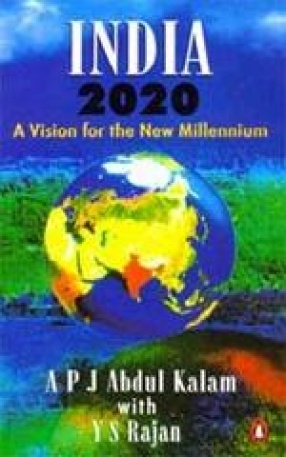
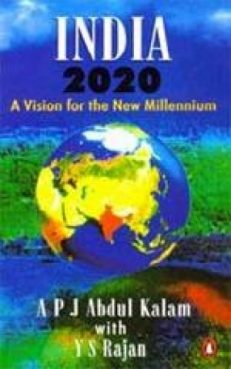
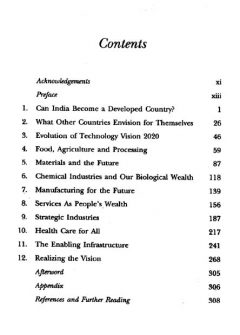
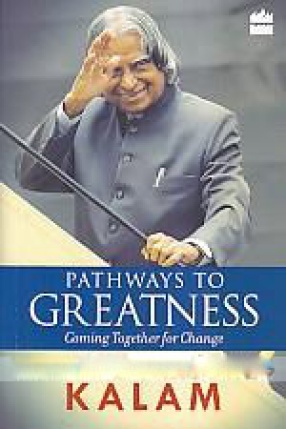
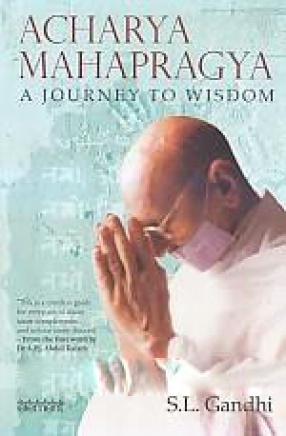
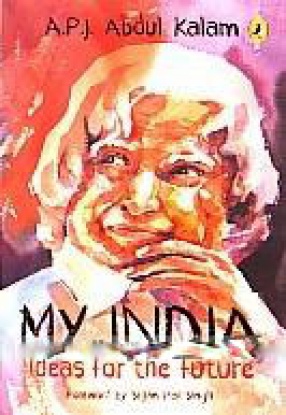
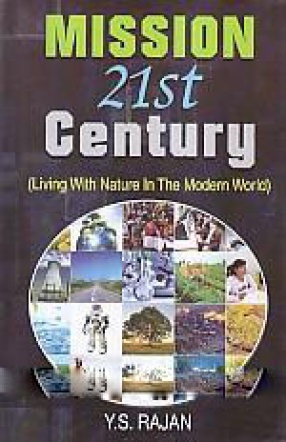
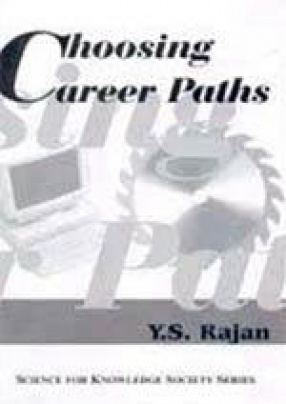

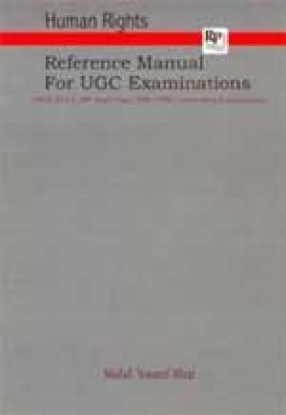
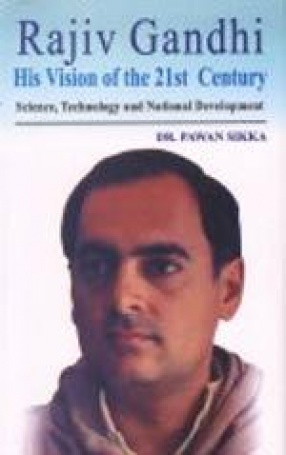
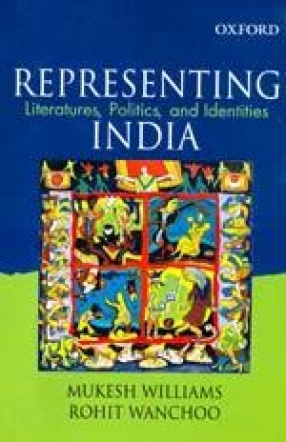
There are no reviews yet.